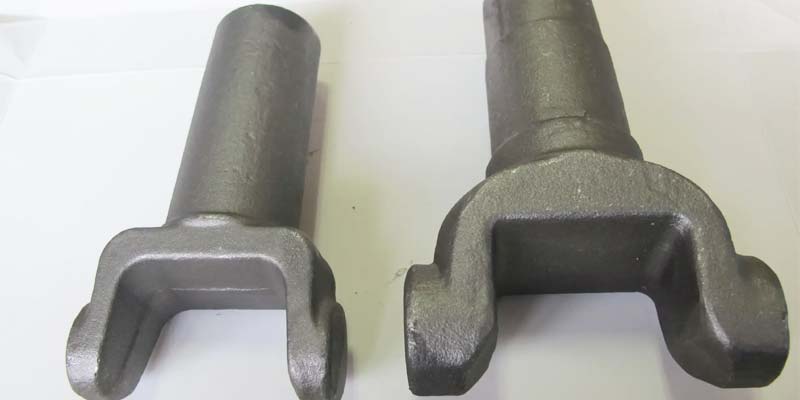- Contact Innally, Let you purchase forgings in China more favorable prices, products more assured!
- Hotline:+(86)15038323776 Email:innally@innally.com
Material selection and performance optimization of precision forgings
- Category: Metal forging, Titanium alloy forging
- |
- Date: 22/08/2023
with the continuous progress of science and technology and the development of the engineering field, we are confident that through the continuous innovation of material selection and performance optimization, we can further improve the quality and performance of precision forgings to meet the changing market demand.
- Can be customized on demand
Product Details
As an important component in modern engineering field, the material selection and performance optimization of precision forgings play a key role in improving the quality, reliability and performance of products. In this regard, correct material selection and sufficient performance optimization are important factors in achieving high-quality manufacturing of precision forgings.
First of all, material selection is one of the key factors affecting the performance of precision forgings. Different application scenarios and working conditions require the selection of appropriate materials to meet the needs. In general, precision forgings often use high-strength, high-hardness alloy steel or superalloy materials. These materials have good tensile, compressive and fatigue properties, and can withstand high loads and complex working conditions. In addition, the corrosion resistance, wear resistance and thermal conductivity of the material also need to be considered to ensure the reliability and stability of precision forgings in different environments.

Secondly, performance optimization is an important link in the manufacturing process of precision forgings. By optimizing forging process parameters and heat treatment process, the performance of precision forgings can be further improved. The selection of parameters in forging process, such as forging temperature, pressure and speed, has an important effect on the microstructure and mechanical properties of materials. Reasonable control of these parameters can improve the density, grain boundary structure and metallographic structure of the material, and improve the strength, hardness and fatigue resistance of the material. At the same time, after the appropriate heat treatment process, such as normalizing, quenching and tempering, you can further control the organization and performance of the material, improve the mechanical properties and durability of precision forgings.
In addition to material selection and performance optimization, quality control is also a key link to ensure the performance of precision forgings. In the production process, it is necessary to strictly control the quality of each link, from the selection of raw materials, the control of processing technology to the inspection of the final product, it is necessary to ensure that the product meets the standards and technical requirements. Only in this way can the quality consistency and reliability of precision forgings be guaranteed to meet the needs and expectations of customers.
In summary, material selection and performance optimization of precision forgings are important aspects to achieve high-quality manufacturing. Correct selection of suitable materials, and through accurate process control and optimization, can improve the strength, hardness, fatigue resistance and reliability of forgings. At the same time, quality control is also a link that cannot be ignored to ensure that products meet standards and technical requirements. In the future, with the continuous progress of science and technology and the development of the engineering field, we are confident that through the continuous innovation of material selection and performance optimization, we can further improve the quality and performance of precision forgings to meet the changing market demand.
nannan
INNALLY mainly provides you with various types of cast and forged parts products. Welcome your inquiries! innally@innally.com
Related Products
Search
Forging center
- Steel forgings
- Aluminium alloy forging
- Titanium alloy forging
- Stainless steel forging
- Copper forging
- Automotive forgings
- Locomotive forging
- Bicycle forgings
- Motorcycle forging
- Rigging and fasteners
- Bearing forging
- Electric power fittings
- Marine forging
- Mechanical forgings for metalworking
- Mining machinery forgings
- Marine engineering forgings
- Construction machinery forgings
Popular product

© 2025. All Rights Reserved.






